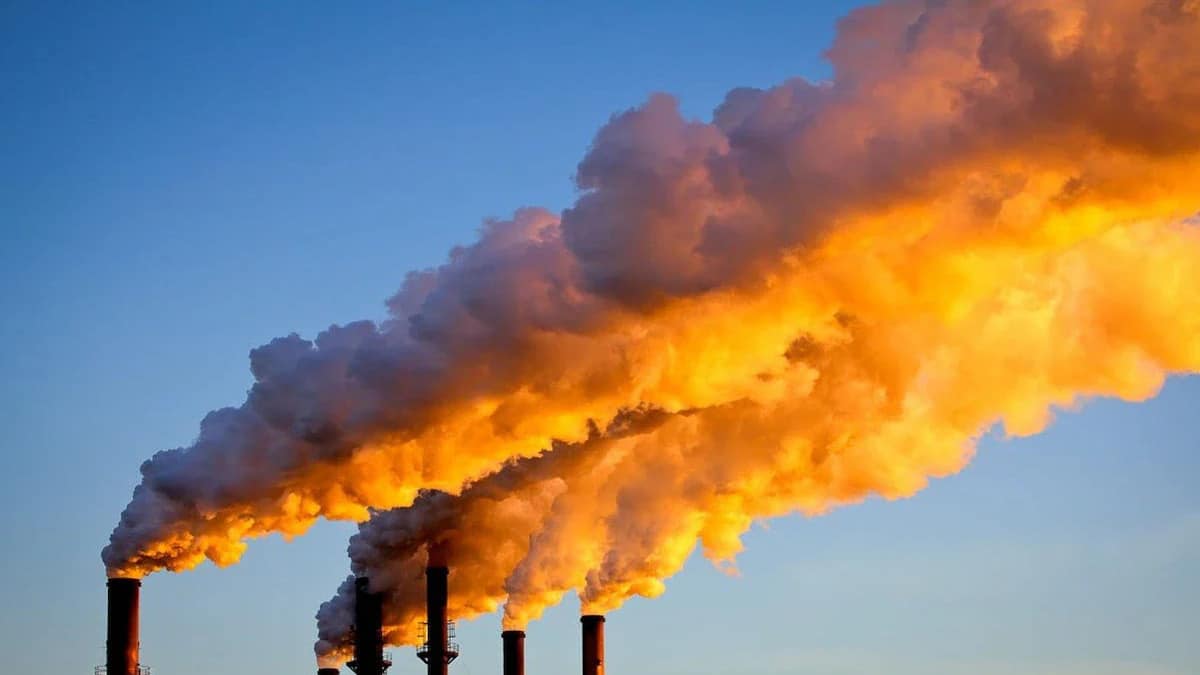During her Budget 2024 speech, Indian Finance Minister Nirmala Sitharaman unveiled a series of initiatives aimed at propelling India towards a net-zero carbon emissions economy. Among the key announcements was the ambitious plan to solarize the rooftops of 10 million households and provide viability gap funding for offshore wind energy, signalling a significant step towards sustainability.
The Finance Minister emphasized the government’s commitment to mandate the phased blending of compressed biogas (CBG) in compressed natural gas (CNG) for transportation and natural gas (PNG) for domestic use. These measures align with India’s pledge to achieve net-zero emissions by 2070 and a target of 50% cumulative electric power installed capacity from non-fossil fuel-based sources by 2030.
One of the flagship initiatives announced is the provision of up to 300 units of free electricity per month to 10 million households through rooftop solar panels. This initiative is projected to save households up to Rs 18,000 annually by allowing them to sell surplus solar electricity to distribution companies.
India’s strides in renewable energy were underscored by its global rankings in renewable capacity statistics, standing fourth in renewable energy installed capacity, fourth in wind power capacity, and fifth in solar power capacity, as per the International Renewable Energy Agency’s Renewable Capacity Statistics 2023.
Saurabh Kumar, Vice President – India, Global Energy Alliance for People and Planet (GEAPP), hailed the budget as a landmark in India’s journey towards a net-zero economy, emphasizing the government’s vision of energy security and accessible, affordable clean energy. Kumar lauded initiatives such as the rooftop solar scheme and the push for an Electric Vehicle (EV) ecosystem, viewing them as pivotal in decarbonizing the mobility sector and fostering India’s potential as an EV manufacturing hub.
In addition to clean energy initiatives, Sitharaman also unveiled plans for Blue Economy 2.0, aimed at promoting climate-resilient activities and sustainable development in coastal areas. The scheme prioritizes restoration and adaptation measures, as well as the expansion of coastal aquaculture and mariculture.
Shailly Kedia, Senior Fellow at TERI and Curator of the World Sustainable Development Summit commended the government’s green growth initiatives, including bio-manufacturing, climate-resilient blue economy, and focus on clean energy. However, Kedia stressed the need for increased allocation to the Ministry of Environment, Forests, and Climate Change to reflect the expanding mandate for environmental and climate change initiatives.
Moody’s Investors Service lauded India’s interim budget for firmly conveying the government’s commitment to fiscal consolidation goals amidst healthy economic growth. Senior Vice President Christian de Guzman noted the government’s fiscal restraint and reduction in spending as a percentage of GDP, driving the reduction in the fiscal deficit.

